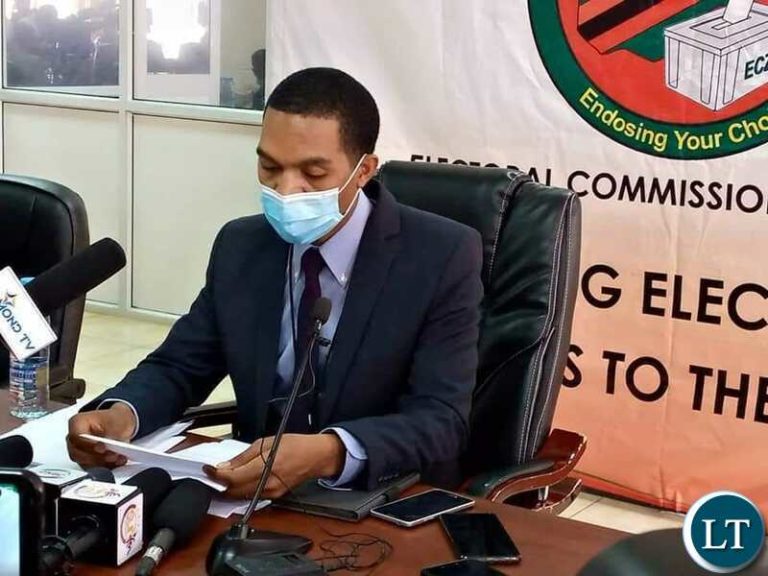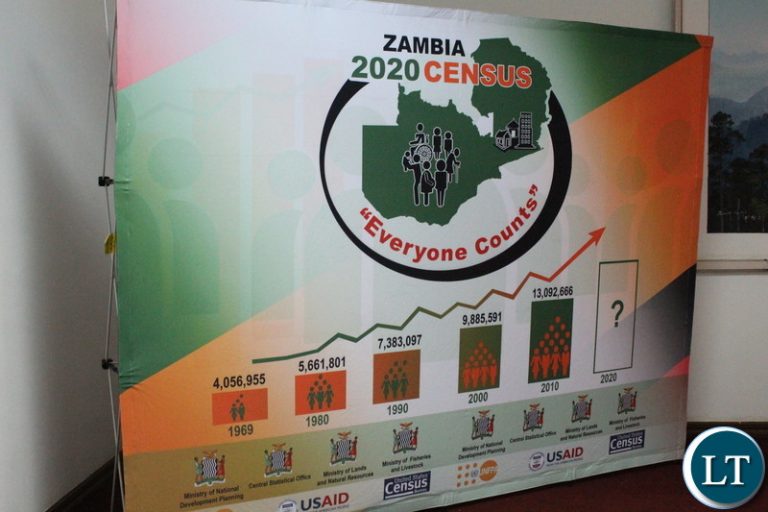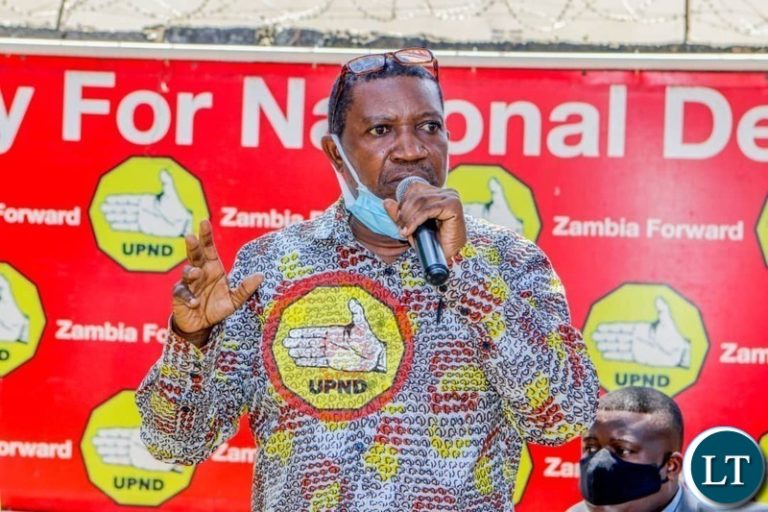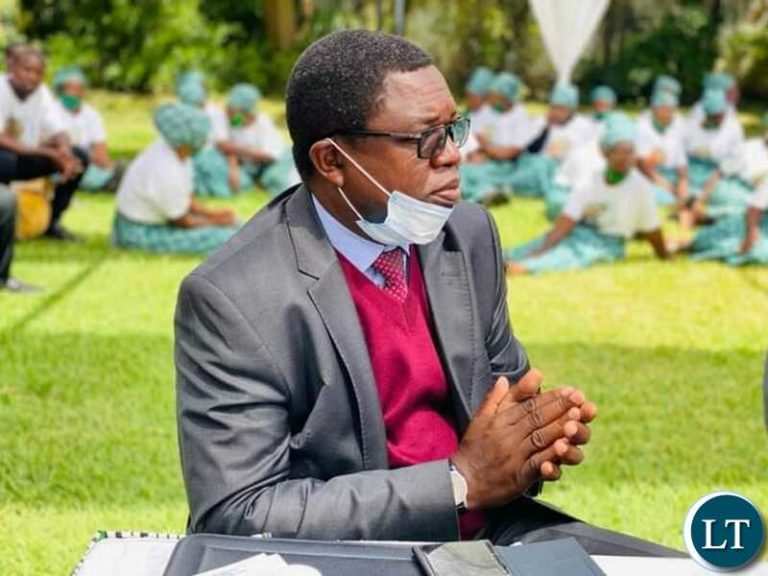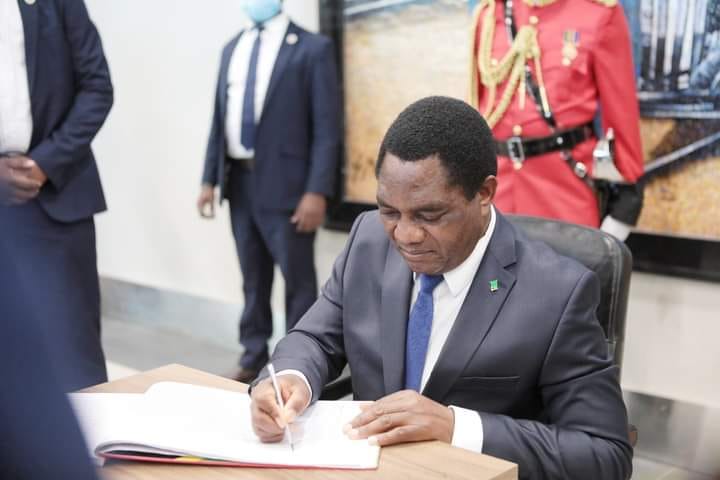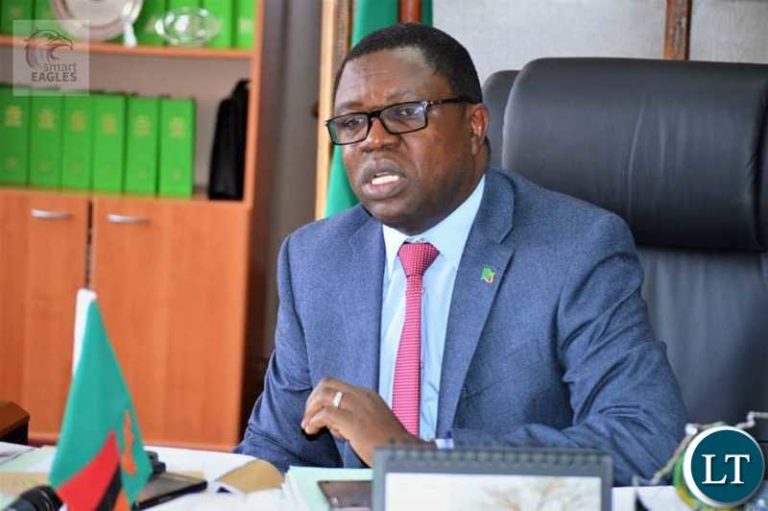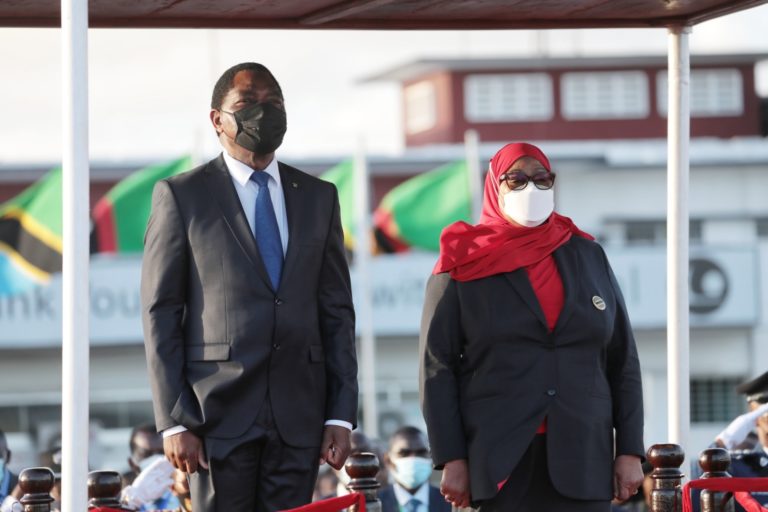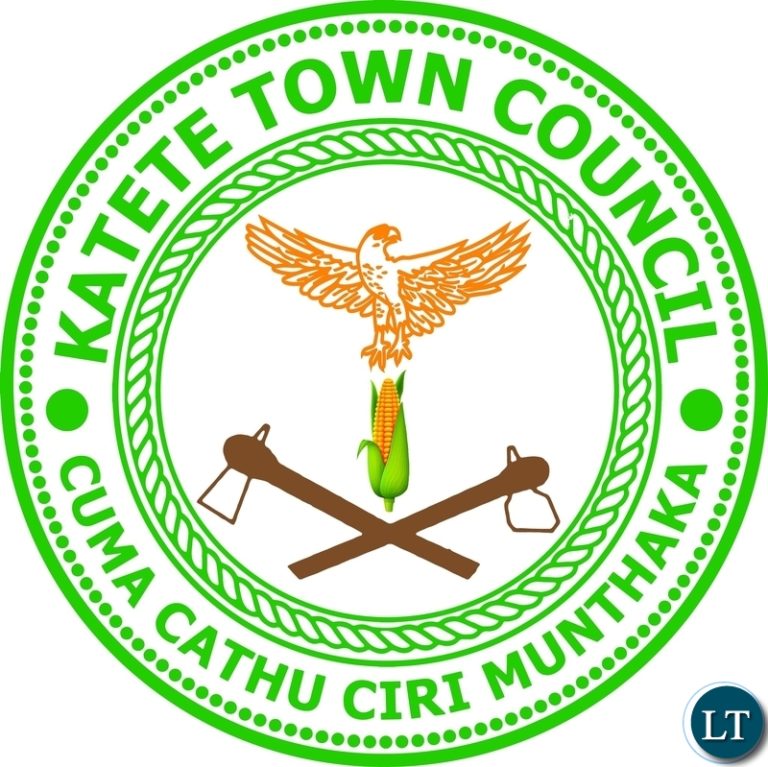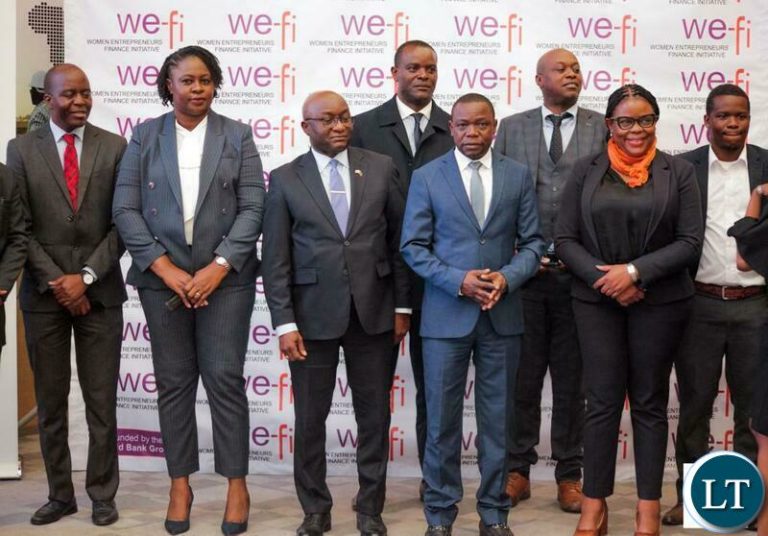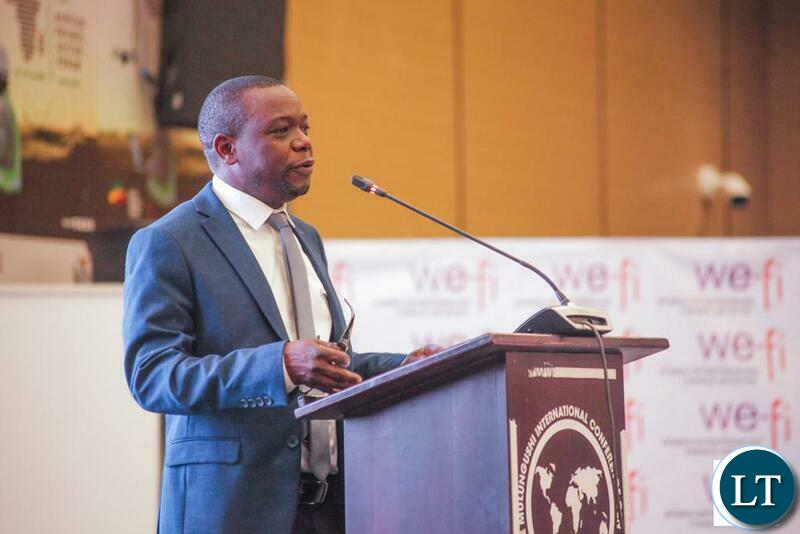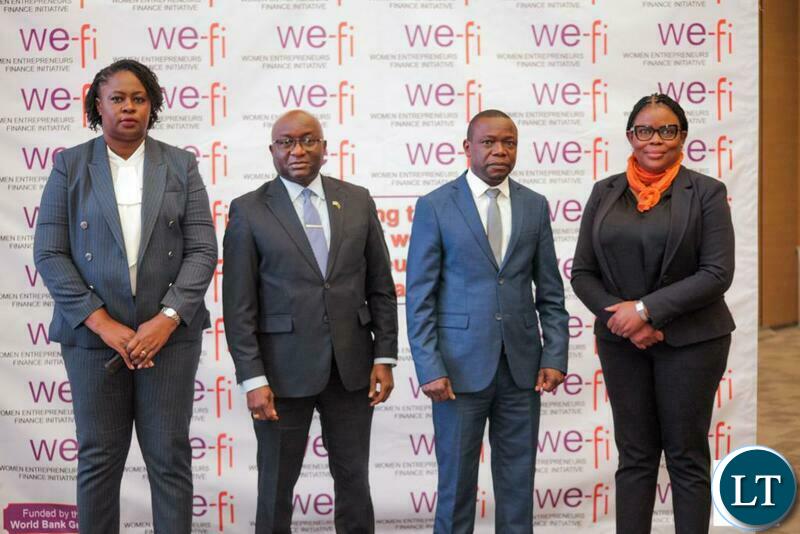Police Service Spokesperson Rae Hamoonga says 20 people died in Road Traffic Accidents during this year’s Farmer’s Long Weekend Holiday countrywide where a total of 280 Road Traffic Accidents were recorded countrywide out of which 17 were fatal road traffic accidents.
Mr Hamoonga added that 47 were serious injury accidents in which 73 persons were seriously injured, while 54 were classified as slight injury accidents where 80 persons sustained minor injuries and 161 were recorded as damage-only road traffic accidents.
In a statement issued, the Police Spokesperson noted that Lusaka Province recorded the highest number of road traffic accidents with 129 cases, followed by Copperbelt with 53 cases, while Muchinga and Northern Provinces recorded the least with three cases each.
“A total of 280 road traffic accidents were recorded during this year’s Farmer’s holiday as compared to 260 road traffic accidents recorded in 2021, the figures indicate an increase by 20 road traffic accidents reported,” he said
He noted that in 2022, 17 fatal road traffic accidents were recorded where 20 persons were killed as compared to 21 fatal road traffic accidents recorded in 2021 where 28 persons were killed, these figures translate a decrease in both fatal road traffic accidents recorded by four and persons killed by eight.
Mr Hamoonga explained that 47 serious road traffic accidents were recorded in which 73 persons were seriously injured as compared to 34 recorded as serious road traffic accidents in 2021 where 97 persons were seriously injured, these figures indicate an increase in serious road traffic accidents by 13 and a decrease by 24 in persons seriously injured.
He added that 54 Slight Road traffic accidents were recorded in 2022 where 80 persons were slightly injured as compared to 42 recorded in 2021 as slightly injured road traffic accidents where 61 persons were slightly injured, these figures indicate an increase in both slight road traffic accidents recorded and persons slightly injured by 12 and 19.
He further noted that 161 damages only road traffic accidents have been recorded in 2022 as compared to 163 recorded in 2021, these figures indicate a decrease by two.
Mr Hamoonga said that a total amount of K 620,675.00 was raised as Admission of Guilt fines in 2021 as compared to K 505,910.00 raised in 2022, the Admission of Guilty fines has decreased by K114, 765.00.
And in a separate statement Mr Hamoonga explained that during the Second quarter of 2022, a total of 8,438 road traffic accidents were recorded out of which 436 were fatal in where 515 persons were killed, 802 were serious accidents where 1,378 persons were seriously injured, 1,562 were slight road traffic accidents in which 2,300 persons were slightly injured and 5,638 were recorded as Damage Only Road traffic accidents.
He noted that Lusaka Province recorded the highest number of 4,708 road traffic accidents followed by the Copperbelt with 1,257 whilst Northern Province recorded the least with 149 road traffic accidents.
“In comparison with the second quarter statistics of 2021, a total number of 8,407 road traffic accidents were recorded as compared to 8,438 road traffic accident recorded in this quarter of 2022 showing an increase of 31 road traffic accidents,” he said
Mr Hamoonga noted that during the second quarter of 2021, 455 fatal road traffic accidents were recorded where 532 persons were killed as compared to the second quarter of 2022 where 436 fatal road traffic accidents were recorded in which 515 persons were killed showing a decrease in both fatal road traffic accidents recorded and in persons killed by 19 and 17 respectively.
He said that under serious road traffic accidents 784 were recorded in the second quarter of 2021 in which 1,365 persons were seriously injured as compared to 802 serious road traffic accidents recorded in the second quarter of 2022 where 1,378 persons were seriously injured showing a slight increase in the number of serious road traffic accidents by 18 and 13 in persons seriously injured.
He cited that in the second quarter of 2021 a total of 1,642 were recorded as slight road traffic accidents where 2,474 persons were slightly injured as compared to 1,562 slight road traffic accidents, where 2,300 persons were slightly injured in the same quarter of 2022, the record shows a decrease in slight road traffic accidents by 80 and an increase in persons slightly injured by 174.
He said that on damage only road traffic accidents, 5,638 were recorded in this year (2022) second quarter as compared to 5,526 recorded in 2021 in the same period, the record shows an increase by 112 Damages only road traffic accidents.
Mr Hamoonga revealed that in the second quarter of 2022, a total amount of K12, 202,397.00 was collected as admission of guilty fines as compared to K 14,011,754.00 collected in the same quarter of 2021.The figure in admission of guilty fines has decreased by K 1,809,357.00.
“Most of the accidents recorded were attributed to human error as such as excessive speed representing 17.1%, Misjudging clearance distance representing 15.8%, Failing to keep to nearside representing 14.9%, reversing negligently representing 7.7% and cutting in representing 4.6%,” Mr Hamoonga stated



